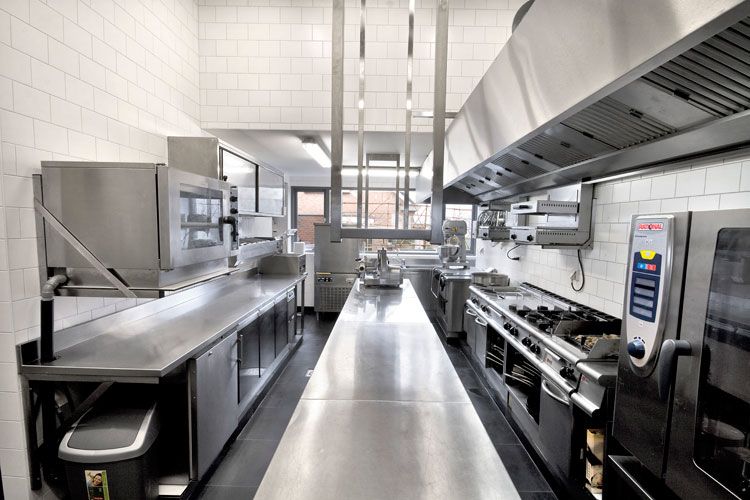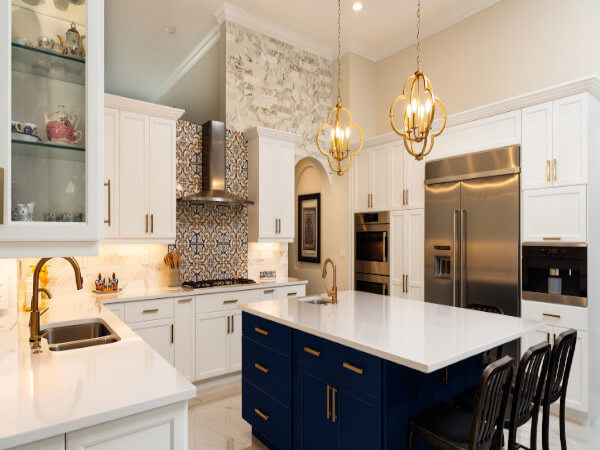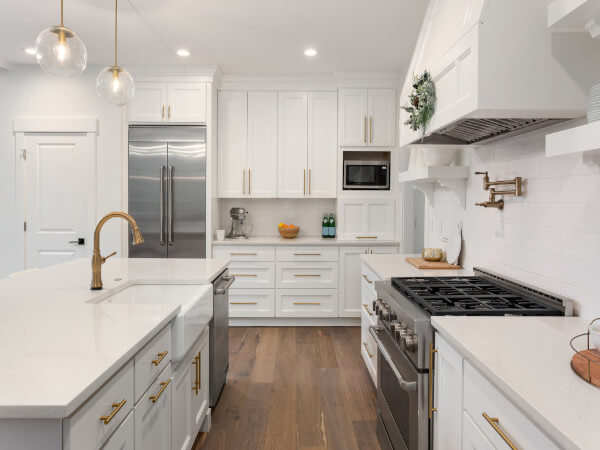
Commercial Kitchens For Your Home Kitchen

Commercial kitchens are very different from your traditional, home-style kitchens. They differ in many ways from residential kitchens as well. Commercial kitchens must contain a wide variety of cooking units to handle all of the different tasks needed to produce the kind of delicious food being sold. Flow is important in a commercial kitchen but on a smaller scale. It’s important to have enough storage for the amount of products and food you plan to sell.
The food preparation area in commercial kitchens is larger than it would be in a home kitchen. Many commercial kitchens have whole sections devoted to preparing foods such as pizza, pasta and other specialty dishes. They may have walk-in refrigerators that allow customers to choose specific items they want to prepare. This has the added benefit of making it easier for customers to find the right product without having to search for the appropriate section in the grocery store.
Commercial kitchen owners will often hire a professional to oversee the commercial kitchens, making sure everything is working properly. A commercial kitchen can be very complex. Each of the appliances and areas could use some type of training. It’s a good idea to check with your local or state health department to make sure the employees and management are properly trained on food safety. You want to keep the health of your customers in mind while providing the best possible product for them. There are many courses you can take to help you understand food safety, including those provided by your local or state health department.
If you’re looking to open up a commercial kitchen, you should first review your restaurant manual to make certain you are compliant with local ordinances. Next, contact a local restaurant inspector to get a written quote on the current operating cost of your kitchen. You should provide this total along with any proposed changes you plan to make to your business. For example, you may wish to eliminate the hot water dispenser in favor of a more efficient heating system. You’ll need to get a written quote from the inspector as well so you can determine if any work needs to be done. Your goal is to provide quality customer service to guests so you don’t receive a citation.
When you open commercial kitchens, you should provide training for your kitchen staff. This will ensure that everyone understands how to cook and that the kitchen runs smoothly. You should also allow your employees the opportunity to learn by doing hands-on training in the kitchen. This will reduce the number of visits you receive from customers that have no idea how to properly operate the equipment or use the dishwasher.
Some commercial kitchens focus on entertaining while others are strictly for food safety. In these cases, you need to provide plenty of lighting so customers can see what they are cooking. Consider installing commercial kitchen sinks that are wider to reduce splashing when washing vegetables. Your cooking area should be clear of debris for better visibility and to prevent unwanted spillage from cooking.
If you are considering opening a day spa, you may need to provide your customers with a designated space for massages, manicures, pedicures and other services. If you have multiple units, each one should have enough space for the service area, at least three feet away from the other two, and a counter for washing up. If you want to add a drying area outside, have at least six feet of space for a table, a platter, a towel rack and enough space to dry towels. Make sure there is enough light coming in from at least two windows to ensure that clients feel comfortable. Consider installing glass floors over non-glass tiles to give a sunny appearance.
Commercial kitchens aren’t just for hotels or day spas anymore. The economy has forced many home owners to reevaluate their kitchen space and their budget. If you have invested in commercial kitchens for your home, consider revamping them to meet the needs of your business. Consider the needs of your customers when selecting appliances and countertops. Don’t skimp on your commercial kitchens; they will pay the price in lost revenue.




